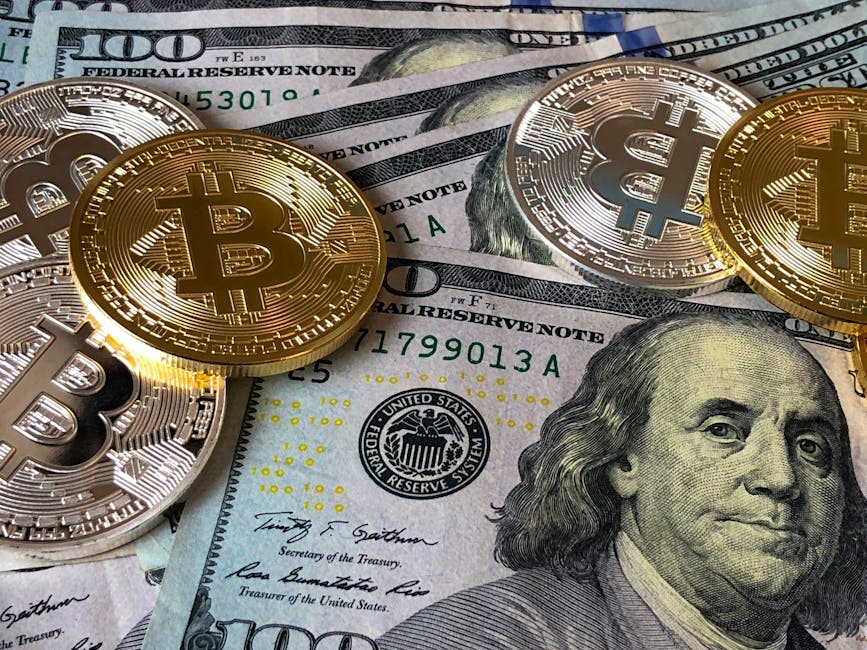
Unleashing the Power of Blockchain DeFi: Exploring Benefits, Pros, and Cons
I. Understanding DeFi:
Decentralized Finance, or DeFi, refers to an ecosystem of financial applications built on blockchain networks like Ethereum. It aims to eliminate middlemen and provide users with direct control over their assets while enabling seamless access to a variety of financial services such as lending, borrowing, trading, and more. By leveraging smart contracts, DeFi protocols automate traditionally manual processes, increasing efficiency and reducing costs.
II. The Benefits of Blockchain DeFi:
1. Accessibility: DeFi opens up financial services to anyone with an internet connection, democratizing access to banking services for the unbanked or underbanked population worldwide.
2. Transparency: Blockchain's immutable ledger ensures transparency in all transactions while maintaining privacy for individual users.
3. Security: Smart contracts deployed on blockchain networks are highly secure due to their decentralized nature and cryptographic protocols. This reduces the risk of hacks and fraud compared to centralized systems.
4. Interoperability: DeFi protocols can be built on multiple blockchains and can seamlessly interact with each other, providing users with a wide range of options for utilizing their assets across various platforms.
5. Yield Opportunities: DeFi allows users to earn passive income by participating in liquidity mining, staking, or yield farming activities offered by different protocols.
III. The Pros of Blockchain DeFi:
1. Lower Costs: By eliminating intermediaries in financial transactions, DeFi reduces costs associated with fees and commissions typically charged by traditional financial institutions.
2. Faster Transactions: Blockchain-powered DeFi solutions enable near-instantaneous settlement of transactions, eliminating the need for lengthy processing times associated with traditional banking systems.
3. Financial Inclusion: DeFi empowers individuals who are excluded from traditional banking services to access a wide range of financial instruments, loans, and investment opportunities.
4. Innovation and Openness: The open-source nature of DeFi allows developers to build upon existing protocols, fostering innovation and creating new financial products and services tailored to specific needs.
IV. The Cons of Blockchain DeFi:
1. Volatility: Cryptocurrencies, the backbone of DeFi, are known for their price volatility. While this offers investment opportunities, it also presents risks for users unfamiliar with market dynamics.
2. Regulatory Challenges: The nascent nature of DeFi poses regulatory challenges for governments worldwide, as they strive to strike a balance between fostering innovation and safeguarding user interests.
3. Smart Contract Risks: Despite their robustness, smart contracts are not immune to bugs or vulnerabilities. Exploitation of such vulnerabilities can lead to financial losses or even manipulation of the entire ecosystem.
4. User Responsibility: Since DeFi eliminates intermediaries, users bear full responsibility for the security of their assets. This includes safeguarding private keys and exercising caution while interacting with various protocols.
Blockchain DeFi holds immense promise in transforming the financial landscape by providing accessible, transparent, and secure financial services to individuals globally. While offering numerous benefits such as increased accessibility, lower costs, and innovative opportunities, it also comes with certain risks and challenges that need to be addressed for widespread adoption. As the industry evolves and matures, it is crucial to strike a balance between innovation and regulation to harness the full potential of DeFi while ensuring user protection.
